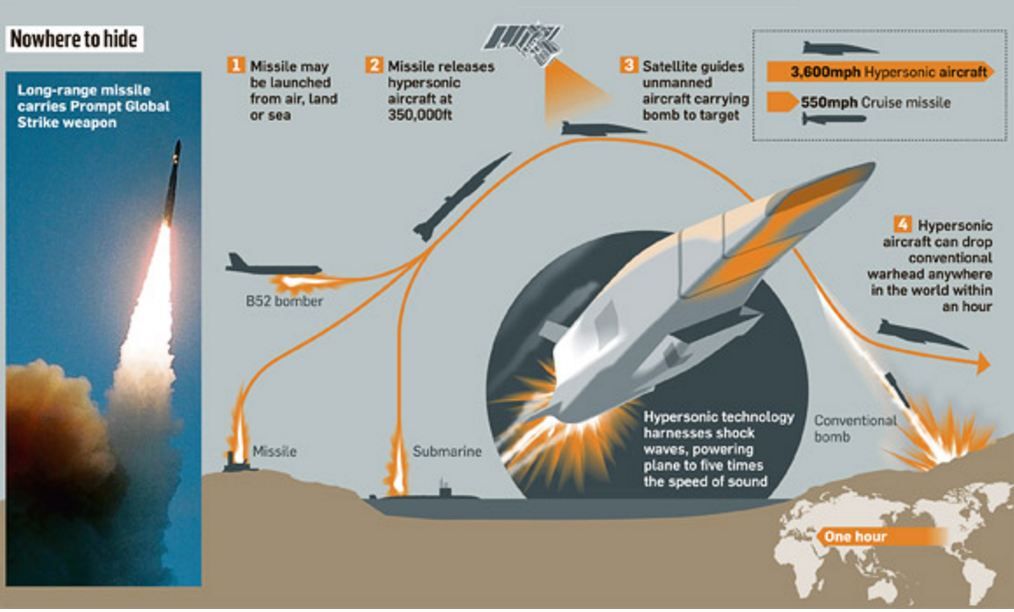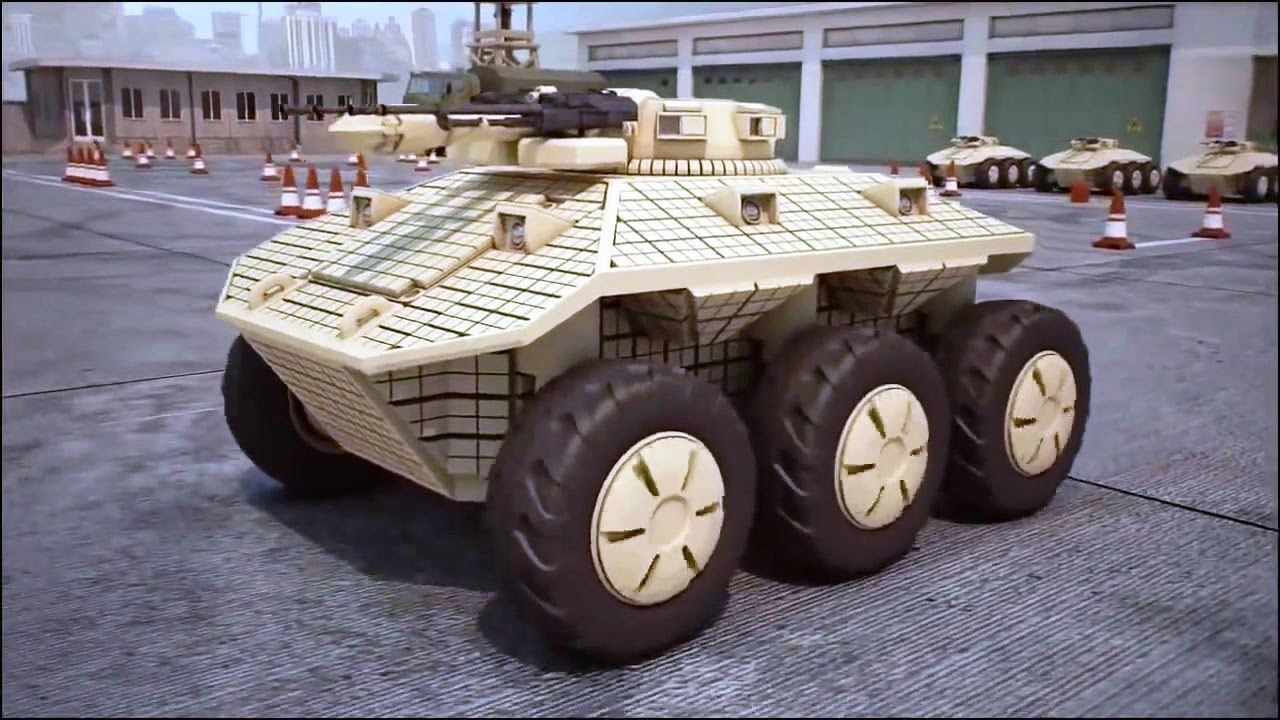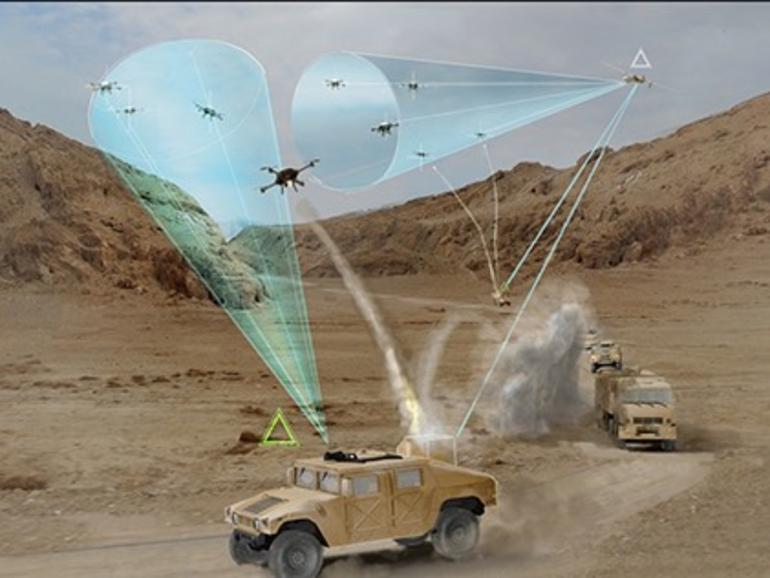Aug 22, 2016
Scientists are working on a real-life Star Trek phaser
Posted by Karen Hurst in categories: 3D printing, cyborgs, drones, food, military, robotics/AI
Want to be the next Captain Kirk or Spock; we’re getting more close of being a Star Trek & Star Wars world with drones and fighter jets with death lasers, cyborgs with BMI technology, sabers being developed, and now the Star Trek phaser is being developed.
Every year Star Trek’s futuristic sci-fi technology comes closer to just being “technology.” We live in a world where video chats, communicators, and real-time translators are normal, where androids are becoming more and more realistic and food replicators are almost here thanks to 3D printing. The next step? Phasers!
Continue reading “Scientists are working on a real-life Star Trek phaser” »


















